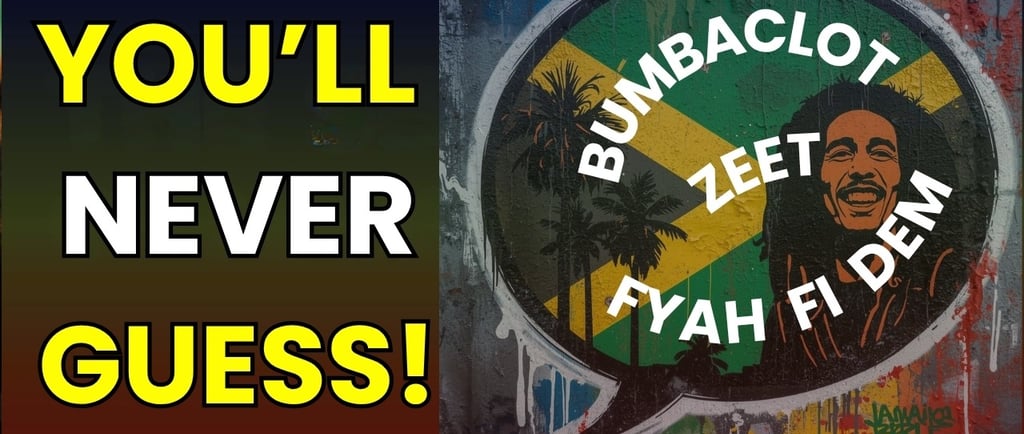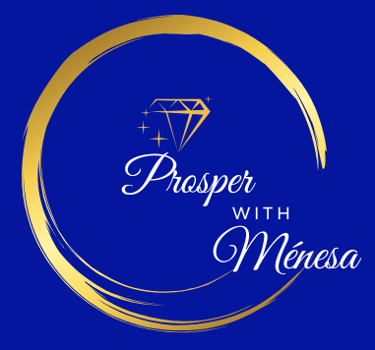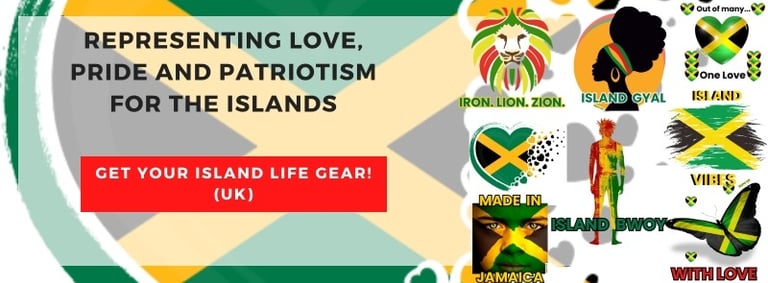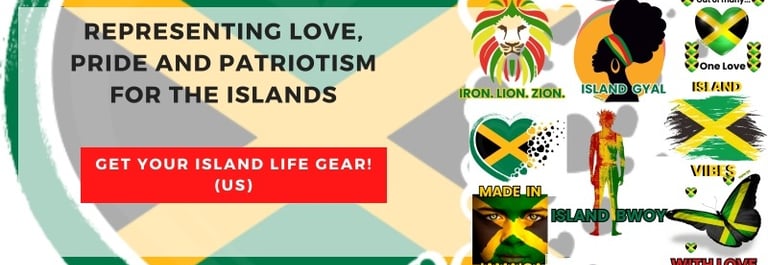Download your FREE 'Calm During Chaos' Digital Strategist
12 Jamaican Words That Mean The Opposite Of What You Think | Jamaican Patois Words
Think you know what Jamaican words mean? Think again! In this video, we explore 12 Jamaican words that actually mean the opposite of what you think, straight from the heart of Jamaica’s vibrant culture and language. From funny Patois expressions to surprising slang meanings, you’ll discover how Jamaicans flip everyday English into something totally unique! Whether you’re learning Jamaican Patois, visiting the island, or just love Caribbean culture, this video will help you understand Jamaican words like a true local.
ISLAND LIFE & CARIBBEAN CULTURE
Ménesa
11/16/20253 min read


Bumba is an old word for your backside, and clot is simply Patois for cloth. So bumba clot literally means “bottom cloth.”
Yes — the most feared curse word in Jamaica translates directly to toilet paper or a sanitary napkin.
This is just one example from the rich, surprising world of Jamaican Patois.
Today we’re breaking down 12 Jamaican words that mean the opposite of what you think, along with the hidden stories behind them. These aren’t just slang terms — they’re expressions shaped by rebellion, resistance, survival, and creativity.
Jamaican Patois was born under the watch of oppressors, functioning as a coded language that allowed people to speak freely. Because of this, many expressions hide deeper meanings that flip your expectations upside down.
1. Rude Boy
When you hear rude boy in a song, you probably imagine a cool, confident rebel.
But historically, the original rude boys were violent, frustrated youths in 1960s Kingston — men left behind by a changing society. Sharp suits, thin ties, pork-pie hats… all of it was a symbolic stance against a system that offered them nothing.
Over time, the term softened into today’s stylish symbol of rebellion.
2. Talawa
It sounds big — like tall or towering — but it means the opposite.
Talawa describes someone small but fierce, strong, and impossible to underestimate.
It lives in the Jamaican motto: “Wi likkle but wi tallawah.”
3. Bumba Clot
Often used as an explosive expression of shock or anger, the literal meaning is surprisingly mundane: toilet tissue or a sanitary cloth.
Its power lies in its taboo imagery — a perfect example of how Patois transforms the everyday into the unforgettable.
4. Irie
Most people think irie just means “good” or “cool.”
But in Rastafari philosophy, it means deep spiritual peace — total harmony with yourself, the world, and the Most High.
It’s not just “good vibes.” It’s “all is right with my soul.”
5. Fire fi dat
In modern slang, fire is praise — “that’s fire!”
But fire fi dat means the opposite: rejection.
It comes from the Rastafari idea of spiritual cleansing — burning away corruption or injustice.
6. Likkle More
Tourists often misunderstand this one.
It’s not a request for “a little more.”
It simply means “see you later.”
A warm farewell that implies you’ll meet again soon.
7. Gwaan
This can mean “go on,” but often carries deeper encouragement.
When someone says gwaan, they’re urging you to keep pushing, keep fighting, keep rising — a blessing rooted in resilience.
8. Pikney
Sometimes confused with an offensive word from history — but in Jamaica, pikney simply means “child.”
Tender, affectionate, and rooted in Portuguese and Spanish words for “little one,” it carries no negativity at all.
9. Brethren
It sounds like brethren, but in Jamaican and Rastafari culture it represents a deep spiritual bond.
A brethren is not just a friend — it’s someone who shares your struggle, your values, your loyalty.
10. Nyam
This lively word for “eat” isn’t a modern slang term.
It’s a direct link to West Africa, appearing in languages like Wolof with the same meaning.
It implies eating with joy, appetite, and real savoring.
11. Big Up
Big up means to show respect, give praise, or acknowledge someone’s greatness.
“Big up yourself” isn’t arrogance — it’s self-affirmation.
A culture of lifting people higher.
12. Si it / Zeet
A quick, slick way to say “I get it.”
It’s the one-syllable equivalent of a nod — smooth, simple, and full of understanding.
These words show how Jamaican language transforms ordinary ideas into something vivid, powerful, and rooted in centuries of resistance and creativity.
They’re not just words — they’re inheritances.
If you’d like to explore more of Jamaica’s hidden history, surprising origins, or cultural gems, grab my FREE download below — there’s so much more to uncover.
Thanks for reading.

LINKS
Connect & CONNECT
© 2026. All rights reserved. Prosper with Ménesa
Returns & Refund Policy
Island Life Merch Shop US Branch
Island Life Merch Shop UK Branch
SUBSCRIBE TO OUR NEWSLETTER
Subscribe for weekly episodes




